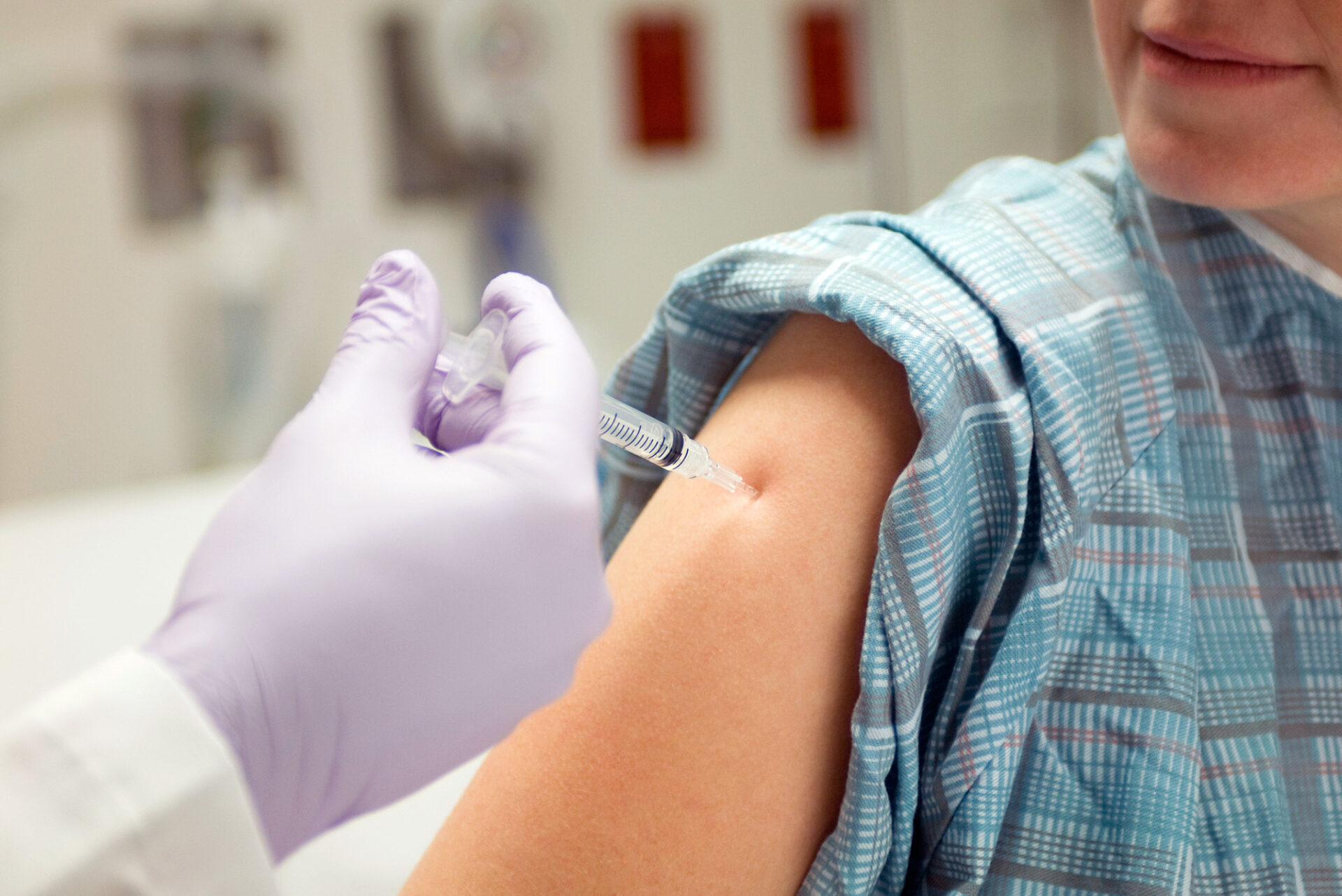West Virginia University (WVU) health experts are encouraging everyone to practice prevention through vaccination as flu and RSV illness season approaches.
Cases of COVID-19, influenza and respiratory syncytial virus or RSV are common, especially in the fall and winter.
In September, the U.S. Food and Drug Administration (FDA) approved the use of the 2023-24 updated Pfizer-BioNTech and Moderna COVID-19 vaccines in the U.S.
According to experts like Dr. Gretchen Garofoli, a clinical associate professor at the WVU School of Pharmacy, this new vaccine targets the most common variants of COVID-19 currently circulating.
“It’s important to get those vaccines to prevent those types of diseases, or at least to help us get a milder case if we happen to get sick with them,” Garolfoli said. “That [vaccination] is one of the big things that I’d recommend, but also doing things such as washing our hands, staying away from people when we’re sick, trying not to infect those who are elderly, or who may have compromised immune systems, so really doing our part to try and stop the spread of disease while also keeping ourselves and our families and friends healthy.”
The Centers for Disease Control and Prevention Center for Forecasting and Outbreak Analytics is predicting a similar respiratory illness season compared to last year, with a possibility of more widespread illness and health care system strain.
Individuals ages six months and older are eligible for COVID-19 vaccination. West Virginians are encouraged to use the free, online WV COVID-19 Vaccination Due Date Calculator to determine when they are eligible and due for any COVID-19 shot.
This year, a new preventative medication against Respiratory Syncytial Virus Infection (RSV) is available for infants.
“For the babies, that’s a little bit different. It’s what we call a monoclonal antibody, so not technically a vaccine, but that helps to offer protection to those littlest folks who tend to have problems when they get RSV at such a young age,” Garolfoli said.
The FDA also approved the use of the first RSV vaccine for people 60 years and older and individuals who are pregnant. According to Garolfoli, vaccine protection is passed on to infants when a pregnant individual becomes vaccinated. The vaccine also protects older adults who are at high risk for severe disease caused by RSV, including life-threatening pneumonia and bronchiolitis.
Finally, an annual flu vaccine is recommended for everyone six months and older, with rare exceptions, and it is particularly important for individuals with conditions that could put them at higher risk for serious complications.
“A lot of people are hesitant with regards to vaccines, and I say that each and every person I talked to has a different reason for being hesitant,” Garolfoli said. “So it’s important for us as health care practitioners, to sit down and really listen to our patients, listen to their concerns, and then be able to address them on an individual basis.”
The CDC estimates during the 2022 to 2023 flu season, there were up to 50 million illnesses, 670,000 hospitalizations and more than 17,000 deaths attributed to flu.
Appalachia Health News is a project of West Virginia Public Broadcasting with support from Charleston Area Medical Center and Marshall Health.
